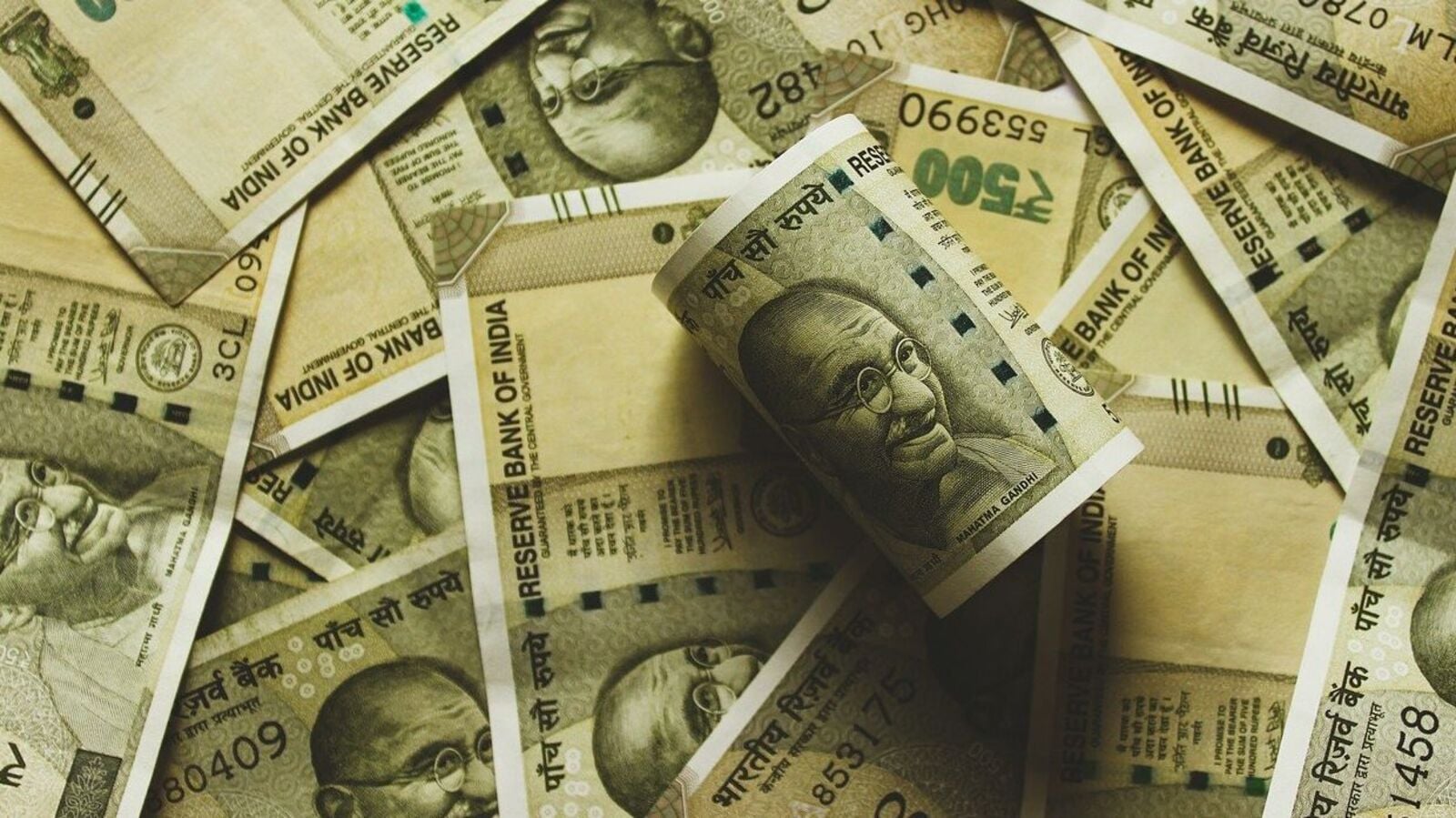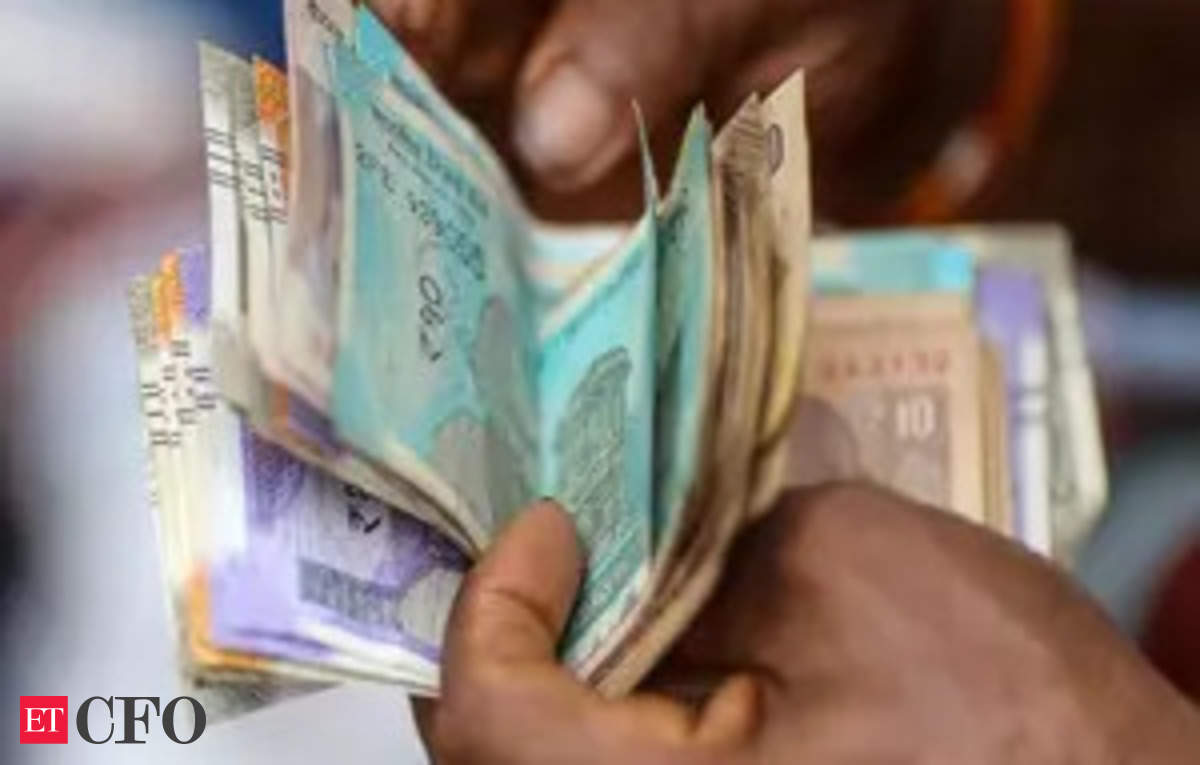Canada’s deepening dispute with India over the alleged campaign of violence against Sikhs in Canada could intensify Indian-based cyber espionage and stem immigration, but analysts and experts see no immediate impact on trade.
Concerns about a widening rift between the two countries come after a senior Canadian official told a parliamentary committee on national security on Tuesday that Indian Home Minister Amit Shah, a close ally of Prime Minister Narendra Modi, was the mastermind behind the alleged plots was.
While Indian officials rejected the official’s statement, the revelation could worsen a dispute that began a year ago when Prime Minister Justin Trudeau cited credible evidence linking Indian officers to the June 2023 shooting of Sikh leader Hardeep Singh Nijjar in British Columbia.
In response, Canada expelled six Indian diplomats earlier this month, accusing them of involvement. Four men have been charged with murder.
India is the main source of temporary foreign workers and international students coming to Canada, but there has been a backlog of applications since Trudeau’s allegations last year.
Canada has just four immigration officers in India, down from 27 in October 2023. This will impact Canada’s ability to process visas locally, Immigration Minister Marc Miller said.
“I have told my colleagues in Parliament that this could get worse before it gets better, and that they should brace for it,” he said in an interview last Friday.
That could mean fewer people traveling between the countries for legitimate reasons, he said.
Canada’s intelligence agency, which monitors foreign cyber threats, said New Delhi was most likely already conducting threatening cyber activities against Canadian networks for espionage purposes.
“Given that Canada and India may have some tensions, we may see India looking to relax cyber threat actions against Canadians,” Caroline Xavier, head of the agency, known as Communications Security Establishment Canada, told a news conference Wednesday. . The agency has previously described India as an emerging threat.
On the diplomatic front, Ottawa is unlikely to take more punitive measures until more details about the Nijjar case emerge, said Vina Nadjibulla, vice-president of the Asia Pacific Foundation of Canada think tank.
Cabinet ministers will testify on the matter before the National Security Commission and the murder trial against the four men has yet to begin, she noted.
“If charges are brought against individuals residing in India at any level during the trial, it would trigger an extradition process that could take years. And of course India is unlikely to cooperate,” she said.
Officials working for Trudeau and Foreign Affairs Minister Melanie Joly did not respond to requests for comment on the next steps Ottawa could take.













